Are you looking to join the lucrative and exciting field of data science? Data scientists have become one of the most in-demand jobs of the 21st-century economy and are needed in almost every single industry. Data scientists regularly report high salaries and high job satisfaction. So you've probably already asked yourself: how do you become a data scientist?
If you're preparing for a data science interview or looking to prepare for future interviews check out our data science interview course here.
Enroll in our Data Science Interview Course Today!
How to Use This Guide
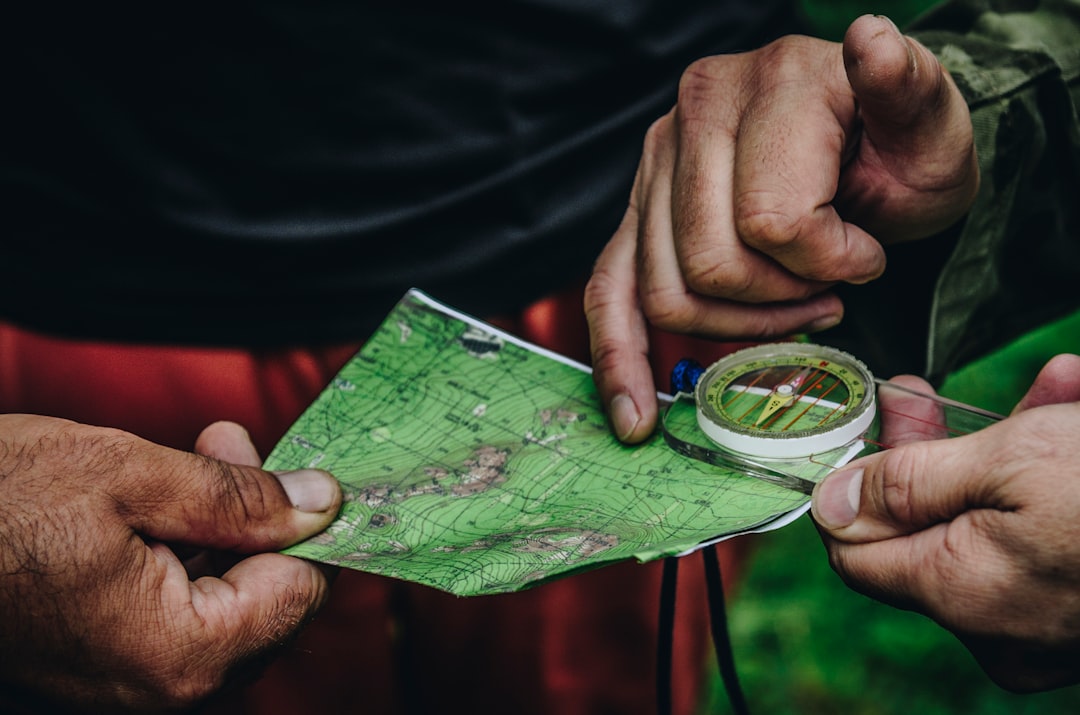
This article is composed of several sections, each of which is dedicated to an aspect of becoming a data scientist. A brief overview is offered so you can get familiar with the particular topic, but each is accompanied by a series of links to other articles or resources that tackle each aspect of the topic in more depth. We highly recommend that you visit the links and return to this page to continue to learn more about data science.
Think of this article as your base of operations or your staging area when it comes to learning how to become a data scientist. Each section is meant to help you get a broad overview of one particular part of becoming a data scientist, while also offering you additional articles and resources to dive deeper, before returning to this page. So let's get to it.
What is the Role of a Data Scientist?

Before we go any further, let's clarify something. What is the role of a data scientist, anyway? What do they actually do? Simply put, data scientists work with other business stakeholders on how they can use data to best achieve the goals of a company. Their role, then, would entail collecting, modeling, analyzing, and presenting that data while building machine learning or predictive analytics models so that a company can have insight into the future. The role ultimately comes with many different hats and responsibilities. We explain each in more detail in several other of our articles. Be sure to check them out!
Learn more:
What Does a Data Scientist Do?
Data Analyst to Data Scientist
Data Scientist vs. Data Analyst
How to Become a Data Scientist
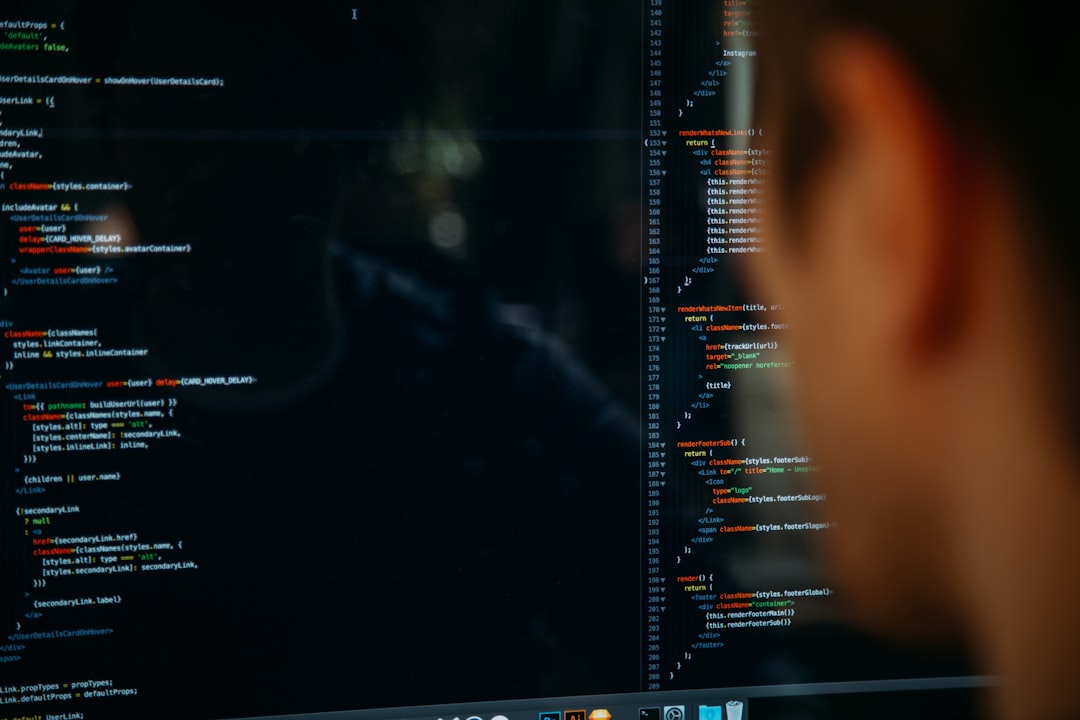
Get an Education
First and foremost, it can't be understated how important education is to become a data scientist. Data science isn't considered one of the sexiest and most lucrative jobs of the 21st century because it's easy or simple. There's no way around it: data science requires a significant amount of education.
Now, that doesn't necessarily mean it requires formal education. It is possible to learn a significant amount of data science from online courses and bootcamps. There are countless books you can read that will give you a wealth of knowledge, as well.
Yet, the multidimensional value that comes with formal academic education can not be discounted.
An Academic Data Science Education

Data Science is an incredibly complex and rigorous discipline. The high salaries associated with most data scientist positions are such because the field requires a substantial amount of training and a deep understanding of highly advanced topics in statistics, mathematics, programming, and artificial intelligence. All of which are vigorous and difficult subjects on their own.
The truth is: the most straightforward path to a data science career is by first receiving a formal education in IT, computer science, mathematics, statistics, or a related field.
Learn more:
Landing College Internships: Engineering, Growth, and Product Management
The Top 10 Schools to Study Data Science
Best 23 Schools with Data Science Master’s Program
Attend a Bootcamp
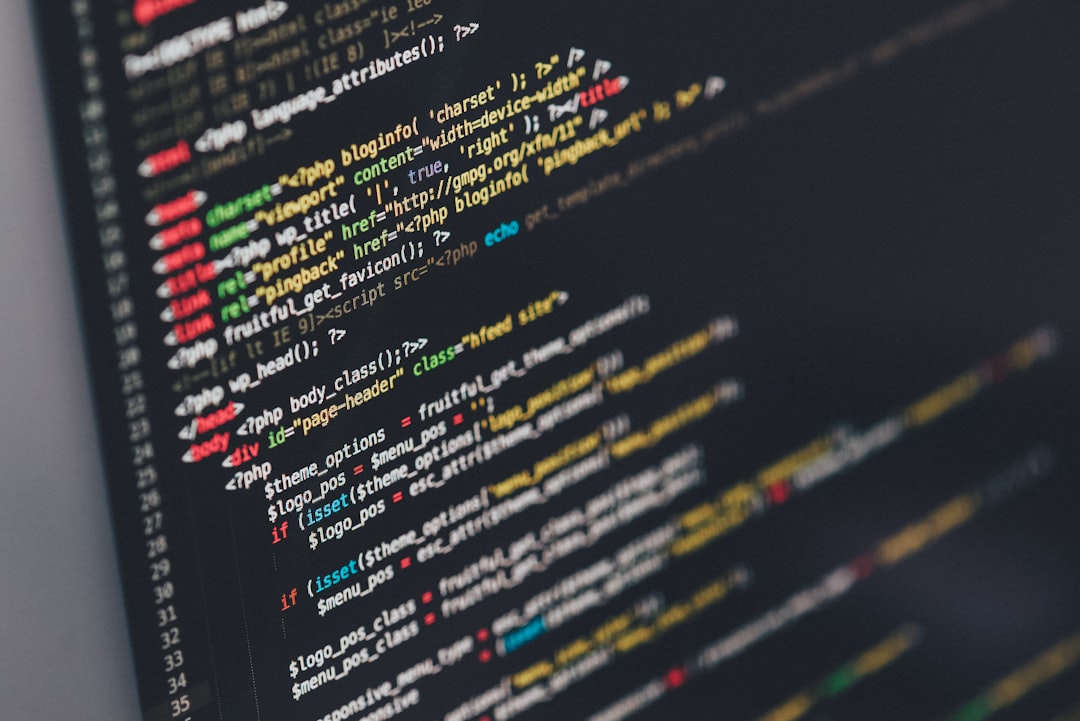
That's not to say universities are the only places you can learn data science. Nor could it be the end of a high-quality data science education. There are many data science bootcamps on the market right now that can provide their students with perks and benefits that could be invaluable in building their data science careers.
Bootcamps are a great place to not only get a firm understanding of the foundations of data science but into the cutting-edge and the latest innovations in the field. Most graduate their students with a professional and impressive portfolio, mock interviews under their belt, and access to their large professional networks. All of which could be instrumental in an aspiring data scientist's career.
Learn more:
The 5 Best Data Science Bootcamps
These 5 Coding Bootcamps Are Worth Considering
Take Online Courses

Many online courses and MOOCs (massive open online courses) are now available to those looking to learn how to become a data scientist. Whether you're dipping your toes into the discipline for the very first time, or just looking to sharpen your data skills, there's an online course for you.
Here's our list:
Cognitive Class
- Data Science Foundations
- Big Data Fundamentals
- Scala Programming for Data Science
- Spark Fundamentals
- Hadoop Fundamentals
- Python for Data Science
- Deep Learning with TensorFlow
Coursera
- Introduction to Data Science Specialization - IBM
- Applied Data Science - IBM
- Data Science Specialization - Johns Hopkins
- Data Science Foundations using R - Johns Hopkins
- Data Structures & Algorithms - UC San Diego
- Deep Learning Specialization - Deeplearning.ai
- Big Data Specialization - UC San Diego
- Data Mining Specialization - University of Illinois at Urbana-Champaign
- Excel to MySQL: Analytic Techniques for Business Specialization - Duke University
See all Coursera data science courses here.
EdX
- Professional Certificate in Data Science - Harvard
- MicroMasters® Program in Statistics and Data Science - MIT
- Data Science: R Basics - Harvard
- Professional Certificate in Data Science Core - Microsoft
- Essential Math for Machine Learning: Python Edition - Microsoft
See all EdX data science courses here.
Udacity
- Data Scientist Nanodegree
- Data Visualization Nanodegree
- Programming for Data Science with Python
- Programming for Data Science with R
- Data Structures and Algorithms
See all Udacity data science courses here.
Khan Academy
Learn the Necessary Skills
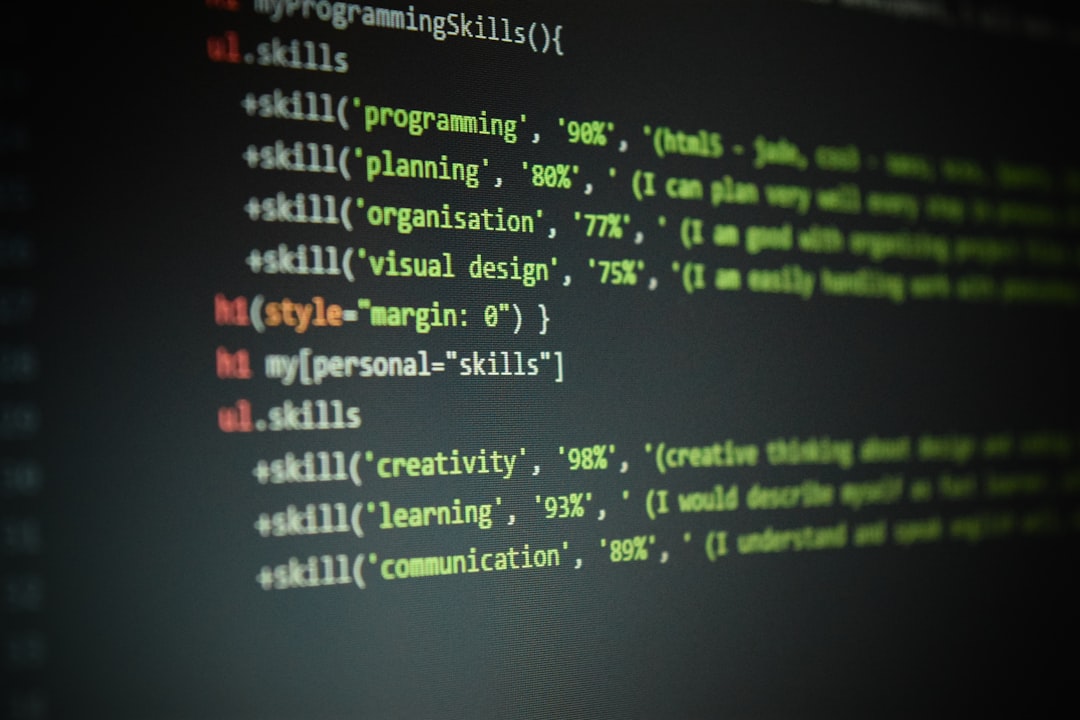
What skills do aspiring data scientists need to bring to the table to get the job offer? Because data science is an inherently interdisciplinary field, there are several skills that data scientists need to have on their resume to obtain positions at the top companies.
Stats

Statistics is one of the cornerstones of data science, being the field that deals with collections of quantitative data. Every data scientist needs to have a good understanding of statistics to perform at their positions. Not only that, but they also need to have an understanding of the similarities and differences between the two disciplines, as they are separate fields, despite their overlap.
Learn more:
- Statistics vs Data Science: What’s the Difference?
- A Complete Guide To Math And Statistics For Data Science
- How to Learn Statistics for Data Science, The Self-Starter Way
- Data Science or Statistics?
- How to self-learn statistics of data science
Machine Learning

Machine learning and artificial intelligence are one of the most powerful tools in the data science arsenal. Oftentimes, the data sets that data scientists use are so massive or complex, that it would be impractical for a human being alone to make sense of it. Computers, however, are perfectly poised to find useful patterns and trends out of these massive data sets.
Aspiring data scientists, then, should be comfortable with building machine/deep learning models to become a data scientist.
- How to Learn Machine Learning
- Beginner’s Guide to Machine Learning with Python
- 5 Beginner Friendly Steps to Learn Machine Learning and Data Science with Python
- Education at Google AI
- Machine Learning at Stanford University - Coursera
Machine Learning as a Service (MLaaS) for data scientists
With the advent of cloud computing technologies, many data scientists will most likely utilize the machine learning capabilities of cloud service providers such as Microsoft's Azure, Google Cloud, or Amazon Web Services to build their ML models and conduct their data experiments. If you're looking to become a data scientist, it's wise to become familiar with the machine-learning-as-a-service (MLaaS) platforms offered by the top cloud computing companies.
Amazon Web Services (AWS)

Data Science Tools - Amazon Web Services
Machine Learning: Data Scientist - AWS
Predictive Data Science with Amazon SageMaker and a Data Lake on AWS
Google Cloud

Google Cloud AI and Machine Learning Products
AI and Machine Learning Solutions
Microsoft Azure

Programming

At this point, you probably know that programming is a prominent skill for data scientists. Nearly every job posting for a data science position will require some past experience and comfortability with programming. While dozens of contemporary languages are frequently used in the workplace, data scientists usually use one, or both, of the following:
R

R is a programming language frequently used by scientists and researchers because of its capabilities for statistical modeling and analysis. As we mentioned, statistics and statistical modeling is a big part of data science, so it should come as no surprise that R is a frequently used language amongst data scientists. Not every data science team may use R, except for those that are focusing on modeling their data. Ultimately, modeling and presenting data is a huge part of the field, so it's recommended that you become familiar with R to become a data scientist.
Learn more:
R Programming - Coursera (Johns Hopkins)
Python

Python is one of the leading programming languages for data science and beyond. It's simple, with a robust community, and can be used with several frameworks and packages like NumPy, Tensorflow, and pandas that are perfect for big data analytics. Unlike R, Python is the language best suited for machine/deep learning, which is another major piece of the data science portfolio. Python is considered to be the bread and butter for many data scientists, so getting familiar with the language is a must.
Learn more:
Get familiar With the Necessary Frameworks

In addition to experience with programming, many data science job postings will list several frameworks they prefer their applicants to be familiar with. If you want to become a data scientist, learning some of the following frameworks is a must.
Learn Data Visualization

Data visualization is another crucial skill to learn before you become a data scientist. We mentioned in our article, "What Does a Data Scientist Do?" that an important part of any data scientist position is data storytelling and the presentation of data. As such, data scientists need to know how to visualize and present their findings and predictions so that the stakeholders involved can understand the, oftentimes, complicated story told by data sets.
Popular Data Visualization Tools
Learn Data Mining

At the end of the day, no data science can be done without first acquiring and organizing data sets. This is often done by a process called data mining, which is essentially combing through multiple different data sets to find any patterns or insights which go on to be analyzed by data scientists. This is another must-have skill for anyone trying to become a data scientist.
Learn more:
Everything You Need to Know About Data Mining and Data Science
The 10 data mining techniques data scientists need for their toolbox
45 Great Resources for Learning Data Mining Concepts and Techniques
Touch up your Soft Skills

Although data scientists may be math and numbers people at heart, there's still a big place for soft skills in the data science world. Data scientists almost always interact with people outside the data team, so the most effective ones have sharp communication, creativity, problem-solving, and strategic skills that they will use throughout their careers. Don't forget to touch up on your soft skills before your data science interview!
Learn more:
Soft Skills Will Make or Break You as a Data Scientist
Soft Skills Every Data Scientist Must Possess
The Soft Skills That Are An Asset to Every Data Scientist
Read Some Data Science Books

Another great way to learn data science is by reading some of the many books dedicated to the subject that are on the market today. Given the popularity of data science in today's marketplace, you shouldn't be surprised to find out that there are countless books that are high-quality and very informative. Here are some of our favorites:
Stats & Math Books

Practical Statistics for Data Scientists by Peter Bruce
Introduction to Statistical Learning by Gareth James
Think Stats by Allen B. Downey
Introduction to Linear Algebra by Gilbert Strang
A Probabilistic Theory of Pattern Recognition by Luc Devroye, Gábor Lugosi, László Györfi
Mathematics for Machine Learning by Marc Peter Deisenroth
Machine/Deep Learning Books
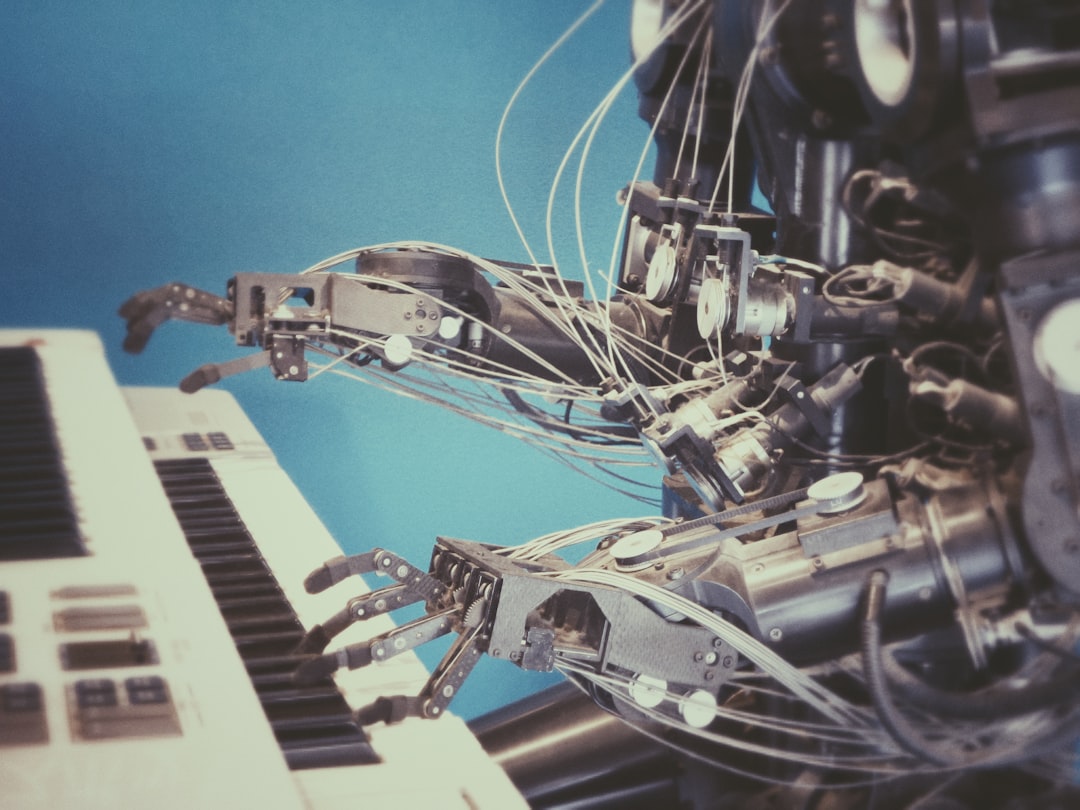
Learning From Data by Yaser S. Abu-Mostafa, Malik Magdon-Ismail, Hsuan-Tien Lin
Machine Learning with TensorFlow by Nishant Shukla
Programming Collective Intelligence by Toby Segaran
Deep Learning with Python By Francois Chollet
Data Science Tool Books

Practical Data Science with R by Nina Zumel, John Mount
Spark: The Definitive Guide by Bill Chambers, Matei Zaharia
Big Data Books

Ethics of Big Data: Balancing Risk And Innovation by Kord Davis
Designing Data-Intensive Applications by Martin Kleppmann
Too Big to Ignore: The Business Case for Big Data by Phil Simon
Big Data at Work: Dispelling the Myths, Uncovering the Opportunities By Thomas H. Davenport
Theory/Philosophy

Superintelligence: Paths, Dangers, Strategies by Nick Bostrom
Artificial Intelligence: A Guide for Thinking Humans by Melanie Mitchell
Chaos: Making a New Science by James Gleick
Build an Impressive, Professional Portfolio

An impressive data science portfolio is a must-have for becoming a data scientist. Not only will it help you get interviews, but it will also help you get the offer.
3 Steps To Build A Data Science Portfolio
How to Build a Data Science Portfolio
What Projects You Should Include in Your Portfolio

Top 3 Datasets for Data Cleaning Projects
4 Steps to Help Kickstart Your Data Cleaning Project
Best Data Visualization Projects of 2019
6 Complete Machine Learning Projects
Top 21 Machine Learning Project Ideas for 2020
Final Projects from Data Storytelling Studio 2018
Visual Data Storytelling Examples to Inspire You to Create Data Narratives
Apply, Interview, and Get the Offer

The final step in becoming a data scientist is, unsurprisingly, applying for, interviewing, and receiving a data science job offer. If you've received an education, developed the skills, and built an impressive and stunning portfolio, you shouldn't have too much trouble in getting interviews for data scientist positions. The field is experiencing a shortage of qualified candidates, after all. However, you still need to ace the interview to make it to the finish line. Here are some ways you can do just that:
Networking as a Data Scientist

As is the case for nearly every job, a strong professional network can pay huge dividends for an aspiring data scientist. A connection at a company can easily get your foot in the door, and could potentially make a great first impression for the hiring manager overseeing your interview. If you can make connections with those that can vouch for your value as a data scientist, you'll find that you'll have a much easier time receiving job offers after a successful interview. This is especially true for the huge tech companies such as Google, Amazon, Netflix, Facebook, Microsoft, and others who may have highly competitive workplace cultures and receive applications from thousands of candidates. If you're looking to become a data scientist, don't neglect your professional network building.
Finding the Right Data Science Mentor [Checklist]
What Every Aspiring Data Scientist Needs to Know About Networking
Building your Data Science Network
Ace the Data Science Interview

While a friend or colleague may get your application to the top of the pile, you won't receive a job offer without acing your data science interview. But don't worry. There are a couple of things you can do beforehand to improve your interview skills and better your chances of sealing the deal.
Mock Interview
Mock interviews are huge. Data science interviews can be a little complicated, so it's a wise idea to practice a run-through before the big day. That way, you can iron out any kinks or deduce what areas, if any, you may need to improve on before the real thing. Interviewing is a skill, and like any skill, it requires practice to do well. Don't leave your data science career to chance.
Get 1:1 Expert Mock Interview DS Coaching With Exponent
Preparing for the Data Science Job Interview
Interview Coaching
But it doesn't stop there. It may be difficult for you to determine what areas need some improvement and what areas you do well. Everyone tends to have a hard time estimating their own abilities. This is why we recommend getting a data science interview coach that'll tell you exactly how you perform, what you should work on, how an interviewer will perceive you, and so on.
Book a Session With Exponent's Data Science Coach, Matt Strauttman.
How an Interview Coach Can Help Your Job Search
15 Teleconferencing Tips for a Successful Remote Interview
Data Science Interview Questions: From Screening Through On-Site
Join the Exponent Data Science Community

Last, but certainly not least, we recommend becoming a part of the Exponent community. There you can join hundreds of other data scientists, product managers, program managers, and software engineers who support each other in their individual employment journeys. Sign up for Exponent's data science interview course to not only get access to hours of useful content but access to our exclusive Slack community composed of aspiring data scientists like you, along with expert coaches and industry professionals.
Learn everything you need to ace your data science interviews.
Exponent is the fastest-growing tech interview prep platform. Get free interview guides, insider tips, and courses.
Create your free account
